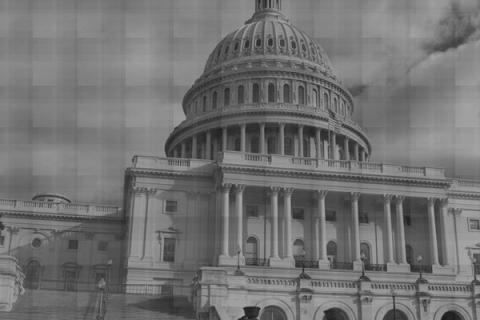Joshua Keating, journalist at Foreign Policy, recently published a series of articles on the stories that have been ignored by the media in 2012. These things will likely have influence on events around the world in 2013 as well.
Rising tensions between United Arab Emirates and Iran in the Persian Gulf
The dispute concerns the island of Abu Musa, a small island in the Persian Gulf. The UAE has sovereignty over the island, but Iran stationed troops there following an agreement made in the 1970s between the two countries.
In the past year, tensions rose when UAE began accusing Iran of increasing its military presence on the island and when Iranian President Mahmoud Ahmadinejad visited the island claiming that he has historical evidence that the Persian Gulf belongs to Persia.
The UAE filed a claim with the UN and reached out to the International Court of Justice for an arbitration. The proximity of the island to the rich Mubarek oilfield and the entrance of the gulf of Hormuz, by which 20 percent of the world's oil transits, makes the dispute a strategic issue for the region's leaders
India and Pakistan improve their relations through commercial agreements
If the two enemies have not gotten closer to peace on issues like the Kashmir region or the 2008 Bombay bombing, they have reached significant agreements to improve their trade relations.
In 2009, only one percent of India's trade was with Pakistan and 1.7 percent of Pakistan's trade was with India. This will change as Pakistan will suppress its "negative list," which prohibited the sale of hundreds of Indian products, for "security reasons" and will give India the same trade treatment as other countries.
India will reduce the customs taxes on Pakistani products and will ease the visa conditions for Pakistan's citizens. These changes are expected to increase trade between the two countries by $8 billions in the next two year.
Tensions between Hong Kong and China and its consequences for the region
In recent years, nationalist tensions between the mainland and the former British colony have been on the rise. In 2012, a survey showed that only 16.6 percent of Hong Kong residents consider themselves Chinese, the lowest since 1997, the same year it returned to China.
The announcement of a "moral and education plan" by Beijing for the schools in Hong Kong was received by the residents as an attempt by the central government to brainwash their kids and lower their school levels.
More than 100,000 people and 25,000 police officers protested in the streets and the protests continued even after the withdraw of the plans. If China's foreign policy is going to be monitored in 2013, its internal boiling should not be ignored.
Brazil becomes an immigration country for the first time in years
The sixth largest world economy has become, for the first time in decades, a country that attracts immigration. Asian and South American immigrants have come to the country in masses, Brazilian emigrants are coming back from countries like the U.S. to benefit from the economical growth, and Portuguese immigrants are fleeing a stagnating Europe.
However, Brazil's immigration restrictions date back to the 1980s military regime and need to be reformed. The direction the new immigration laws will takes remains a highly debated issue.
It seems that by becoming the sixth largest economy in the world, Brazil also inherited one of the most difficult dilemmas Western nations face.
Congo's oil reserves could fuel the conflict in East Congo
If the Congo made headlines in recent years, it was because of its mineral conflict. However, the country also discovered what could be an oilfield under the Virunga Park with the potential of producing six billion barrels of oil.
However, not only is this oilfield located in North Kivu, an already unstable region because of its minerals, but it is also borders Uganda, a country with whom a border dispute remains unsettled. With these new discoveries, more instability in the region is feared by a number of organizations.
The future benefits of Arctic oil for Inuit populations
With the fast pace of ice melting in the Arctic region and the future exploitation of all the mineral resources that the regions possess, the Inuit population, living between Alaska, Canada, Greenland, and Russia, will likely see an improvement in their living conditions.
Since the 1970s, the political unity of these tribes have greatly improved, especially in Canada where they have been gaining considerable decision power over the use of the resources of the region.
Greenland, where 90 percent of the population is Inuit, have lived on Danish subsidies for years and is looking to gain more economic and political independence as the island could contain more oil than Kuwait.

